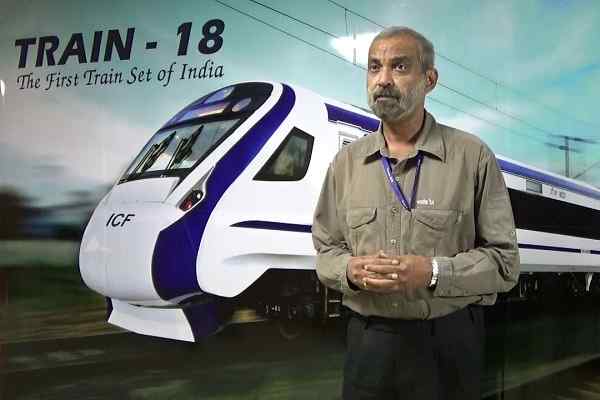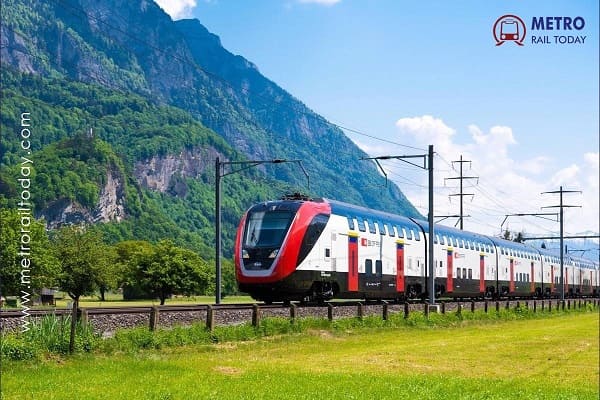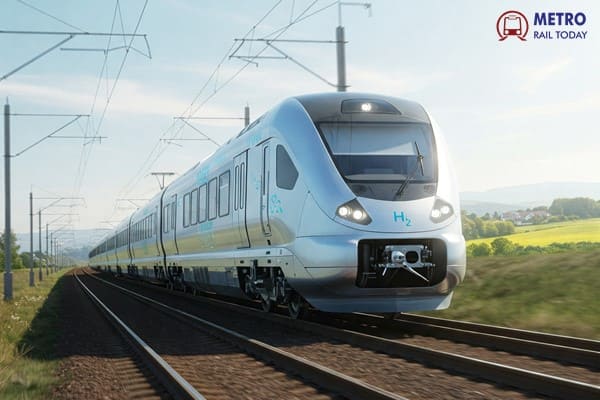 Alstom pauses New Hydrogen Train Development after French Funding Withdrawal
Alstom pauses New Hydrogen Train Development after French Funding Withdrawal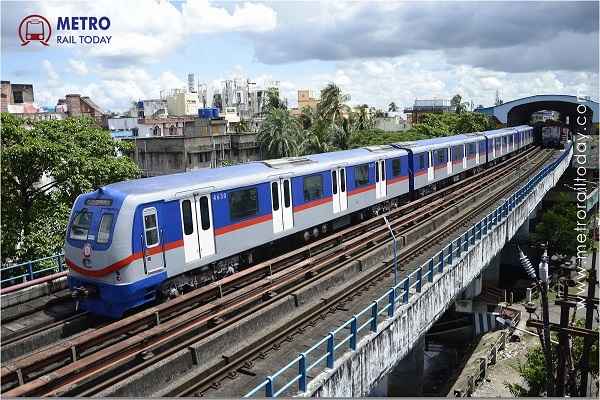 Kolkata Metro signs India-Nepal Land Exchange MoU for Purple Line
Kolkata Metro signs India-Nepal Land Exchange MoU for Purple Line Dilip Buildcon begins construction for Gurugram Metro Expansion Project
Dilip Buildcon begins construction for Gurugram Metro Expansion Project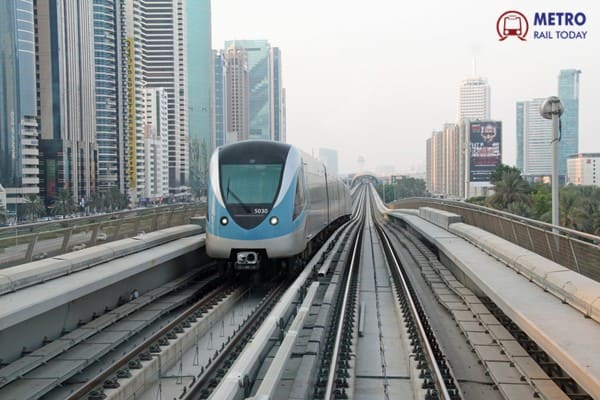 Dubai Metro Blue Line reaches 10% completion in just Five Months, Set to hit 30% by late 2026
Dubai Metro Blue Line reaches 10% completion in just Five Months, Set to hit 30% by late 2026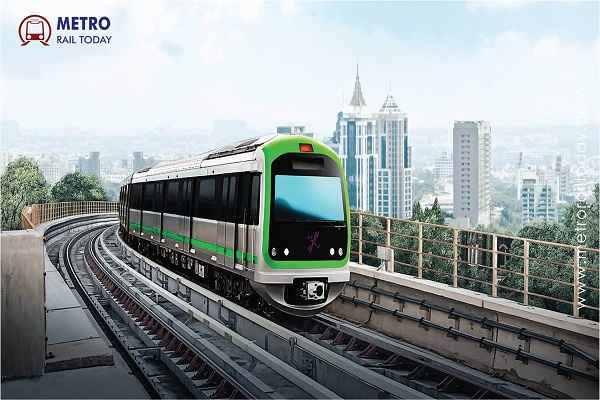 BMRCL turns to Delhi Metro for Integrated Data Management System to strengthen O&M efficiency
BMRCL turns to Delhi Metro for Integrated Data Management System to strengthen O&M efficiency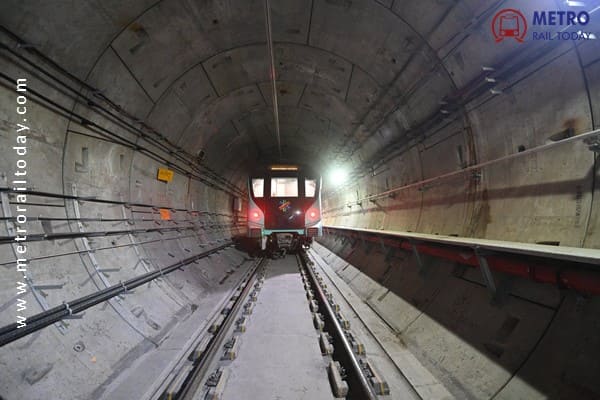 Bids invited for major underground package of Delhi Metro Phase 4’s Inderlok–Indraprastha corridor
Bids invited for major underground package of Delhi Metro Phase 4’s Inderlok–Indraprastha corridor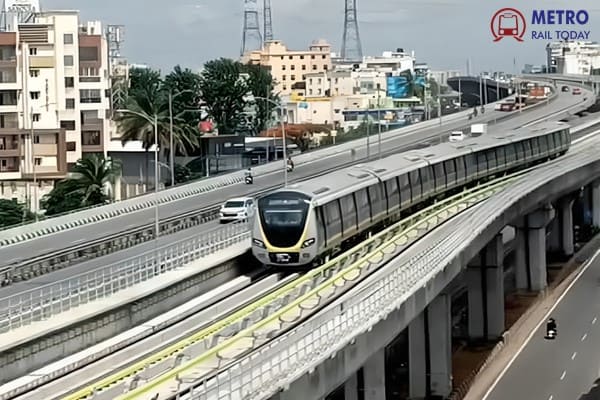 New DPR warns Bengaluru’s Phase-3 Double-Decker Metro Corridor may not ease traffic woes
New DPR warns Bengaluru’s Phase-3 Double-Decker Metro Corridor may not ease traffic woes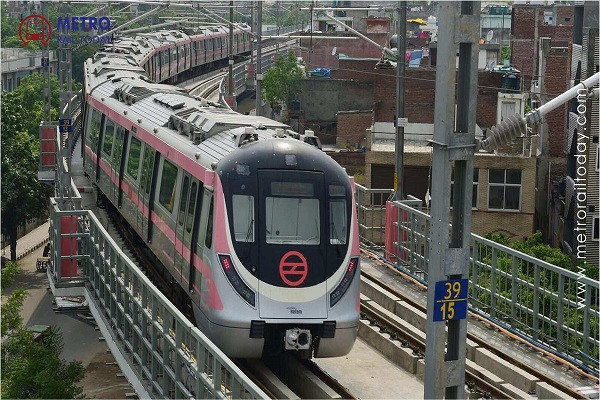 Delhi Metro launches 10-Year Corporate Plan exercise to shape Mobility Vision for 2037
Delhi Metro launches 10-Year Corporate Plan exercise to shape Mobility Vision for 2037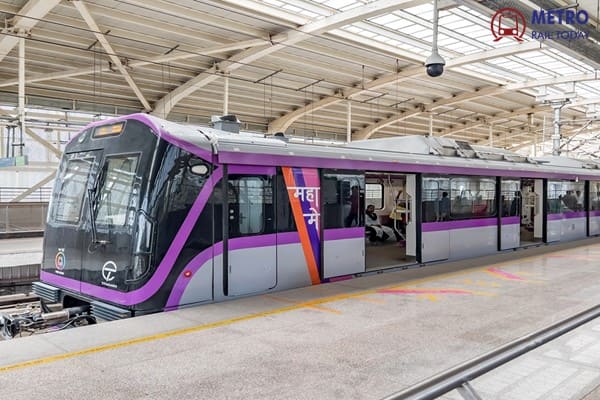 Govt of India approves ₹9,857.85 crore Pune Metro Phase 2 Extension Project
Govt of India approves ₹9,857.85 crore Pune Metro Phase 2 Extension Project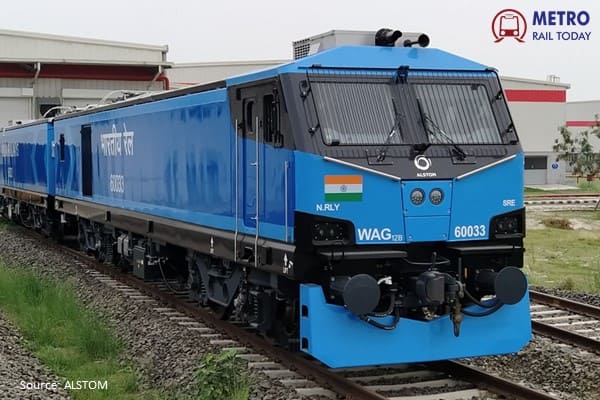 Alstom marks 10 years of MELPL JV with Indian Railways in delivering most powerful E-Locomotives
Alstom marks 10 years of MELPL JV with Indian Railways in delivering most powerful E-Locomotives
Alstom pauses New Hydrogen Train Development after French Funding Withdrawal

Paris, France (Metro Rail Today): Global rolling stock major Alstom has temporarily halted further development of its hydrogen-powered train programme linked to the European Union’s Important Projects of Common European Interest (IPCEI) initiative, following a decision by the French government to suspend its financial contribution. The move effectively blocks Alstom’s access to the EU share of funding, as IPCEI rules require matching national support.
The company clarified to H2 View that the pause affects only the IPCEI-related development track and not its wider hydrogen activities. Alstom has already delivered the prototype railway fuel cell under the IPCEI project and remains in what it described as “regular and responsible dialogue” with the French government to determine the future course of action.
An Alstom spokesperson said the manufacturer is working with authorities to identify a sustainable path for its hydrogen innovation portfolio and safeguard the “made in France” hydrogen ecosystem. Despite the funding setback, the company is in the process of redeploying staff and will continue to fulfil all existing hydrogen train commitments in France, Italy and Germany. “Alstom is committed to its current hydrogen train customers in three European countries and will honour its contractual commitments for delivery, maintenance, and operational support,” the spokesperson added.
Alstom has been a pioneer in hydrogen mobility for rail, launching the world’s first hydrogen-powered passenger train—the Coradia iLint—in Germany in 2022. The train gained global attention as a sustainable alternative to diesel on non-electrified routes and was later trialled in several European countries.
However, its flagship deployment in Lower Saxony has encountered repeated setbacks. The local operator EVB, which introduced 14 iLint units to replace 15 diesel trains, faced hydrogen supply disruptions when Linde reported delivery constraints, forcing EVB to revert temporarily to diesel railcars and cancel some services. In August 2025, further complications arose when replacement fuel-cell modules failed to arrive, reducing the frequency of hydrogen services.
These issues have put a spotlight on the broader hydrogen ecosystem—especially supply chain resilience and infrastructure readiness—which remains a critical factor in scaling up hydrogen rail operations across Europe.
Commenting on the latest development, Mrs. Mamta Shah, MD & CEO of Urban Infra Group, said the temporary pause underscores the need for strong government–industry alignment in emerging clean mobility technologies. “Hydrogen traction represents an important frontier for decarbonising regional rail networks. Alstom’s situation shows that innovation must be backed by stable policy support and robust supply chains to achieve long-term success,” she noted.
She added that while challenges persist, hydrogen remains a promising solution for routes where electrification is impractical, and continued investment in technology and infrastructure will be key to Europe’s green mobility transition.
As Alstom and the French government negotiate a path forward, the company’s ongoing commitments ensure that hydrogen rail programmes in multiple countries will continue, even as the next phase of development awaits fresh clarity on funding and policy support.





